In 2011, The Plastic-Free July Movement started in Australia. Since then, a lot of people took part and have changed their lifestyle. In 2018, around 120 million people participated in the challenge, and 90 per cent of them applied the monthly movement into their everyday lives.
Plastic Free July is a month that reminds and encourages people around the globe to be conscious of their plastic usage. It is a global effort to reduce plastic waste in people’s homes and communities. Many see this movement as inspiring, but many are also discouraged.
Plastic has made significant contributions to make people’s lives easier. Plastic packaging ensures that goods are preserved and protected. They are lightweight and water-resistant products that are simple to manufacture. Moreover, it has become a part of a human’s lifestyle — from bottled water to gadgets — that seems challenging to discard.
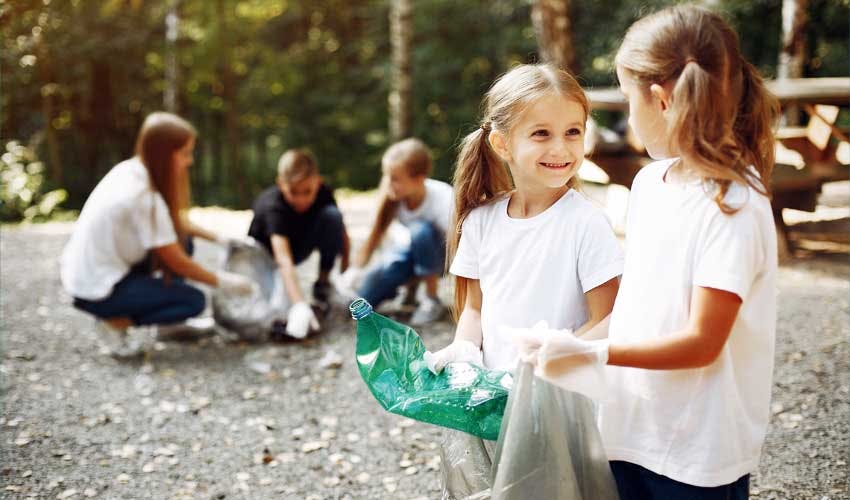
The Journey to Plastic-Free July in the Present
Many see it impossible to deplete plastic usage completely, but that is not the point of the movement. The challenge aims to educate people about plastic, how widely used they are now, and the consequences of their usage. The goal, at least, is to let people see that there is something they can do, even with little steps they take.
Achieving a Plastic-Free July, especially in the middle of a pandemic, can be challenging. Using disposable masks is less hassle and safer to do. Packaged food is more reliable, and purchasing items online and having them delivered into your doorsteps is a method that makes you less prone to virus exposure. While staying away from plastic bags or plastic packaging is indeed impossible to do at the moment, there are still baby steps you can do to make your little changes in this world.
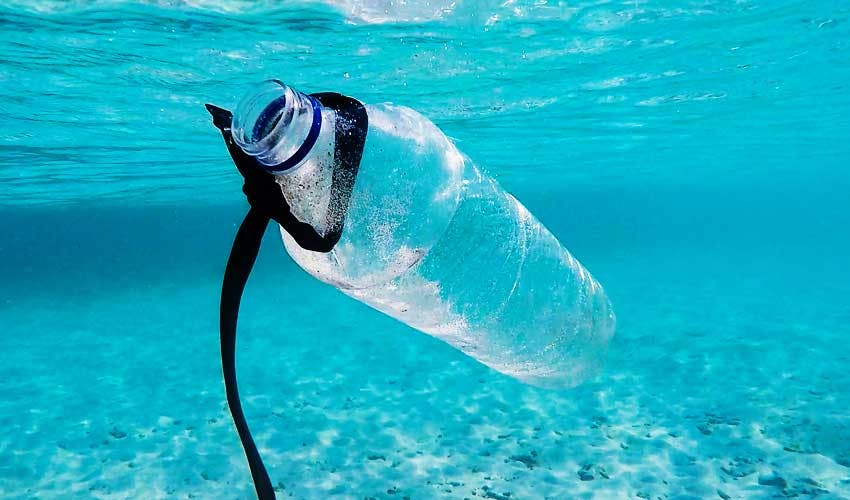
1. Start with the “Big Four”
People use and find plastic everywhere, so where should you start? They say these are the top-most plastic used in the world: plastic bags, water bottles, coffee cups, and straws. If saying no to all the plastic around you seems overwhelming for you, you can always start with these four. You can even start with one until you reach the four goals.
What you can do: Whenever heading out, make it a habit to bring a reusable bag for unplanned shopping. If you always go out to buy drinks, bring a reusable water bottle, or a reusable cup with straw. You can also bring your own drink and save money.
It may be a little inconvenient for some, but when you start getting used to it, and you see the ripple effect it brings, you will feel better about it. Moreover, it is safer to carry your reusables now that you need to be extra conscious of your environment.
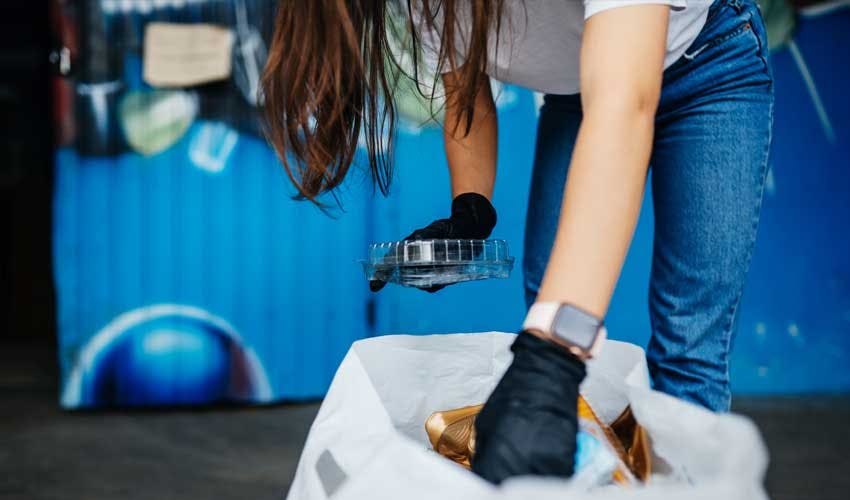
2. Check your trash
Checking your trash lets you see which plastic products you mostly use. From there you can pinpoint which item you will try to reduce next.
What you can do: If your trash is full of food packaging, you can try going to the grocery’s bulk section. Instead of buying diapers, wipes, pads, or tampons, you can switch to cloth diapers, reusable pads, menstrual cups, and so on.
What about your toiletries? Maybe there are organic products that have eco-friendly packaging you can use instead. These are not easy switches to make, but you can always take it slow. Awareness is the beginning of change.
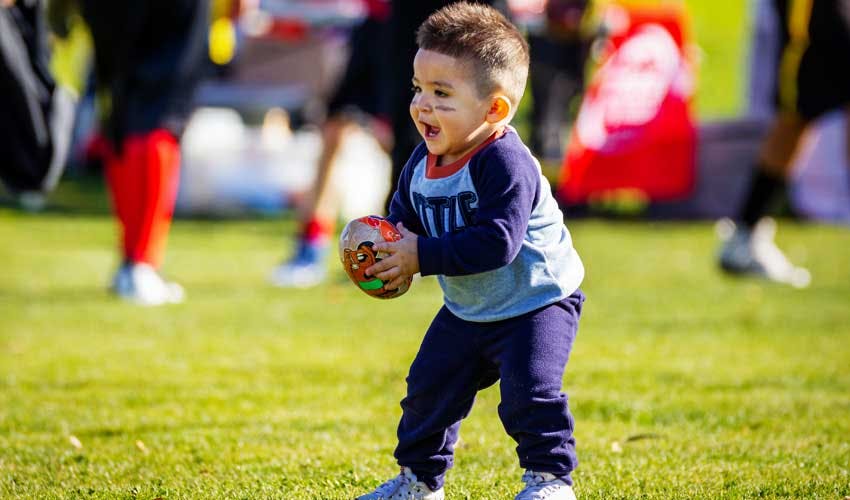
3. Bring the movement outside of the home
Take the challenge with you when you go outside. Sometimes, your example can also inspire others to do the same. When people get curious and ask about why you ask a fast-food chain to transfer your food on your Tupperware, see it as an opportunity to educate. Spreading awareness outside of your home is a good enough contribution.
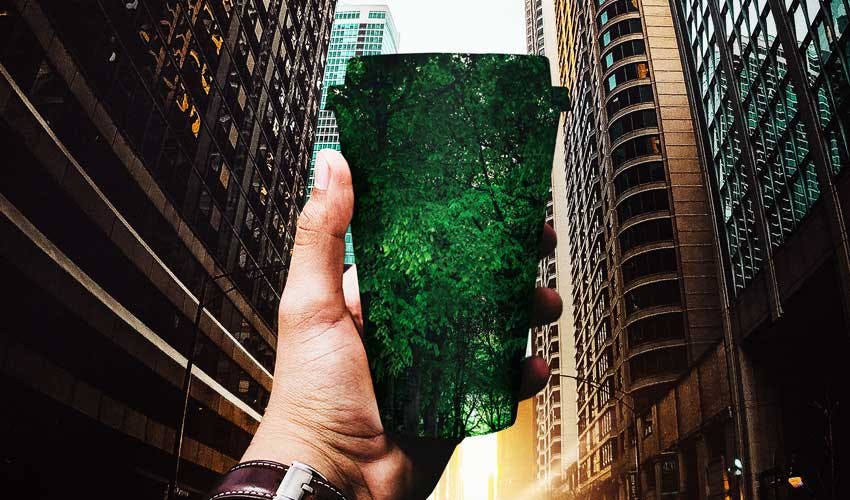
Conclusion
Changing your lifestyle will require conscious effort and dedication. Always remember the reason behind your desire to join the movement and stick to it. Challenge will arise every time and accept that it is part of the journey. Practice it every day, forgive yourself for missing out sometimes, and try once again. Moreover, spread the word so that others may learn about the advocacy too.
Taking part in the Plastic-Free July movement does not mean you should purchase reusable items if you already have something useful at home.
In case you need an eco-friendly bottle or an eco-friendly water filter jug in Australia, we have options for you. Browse our shop to see more of our products!